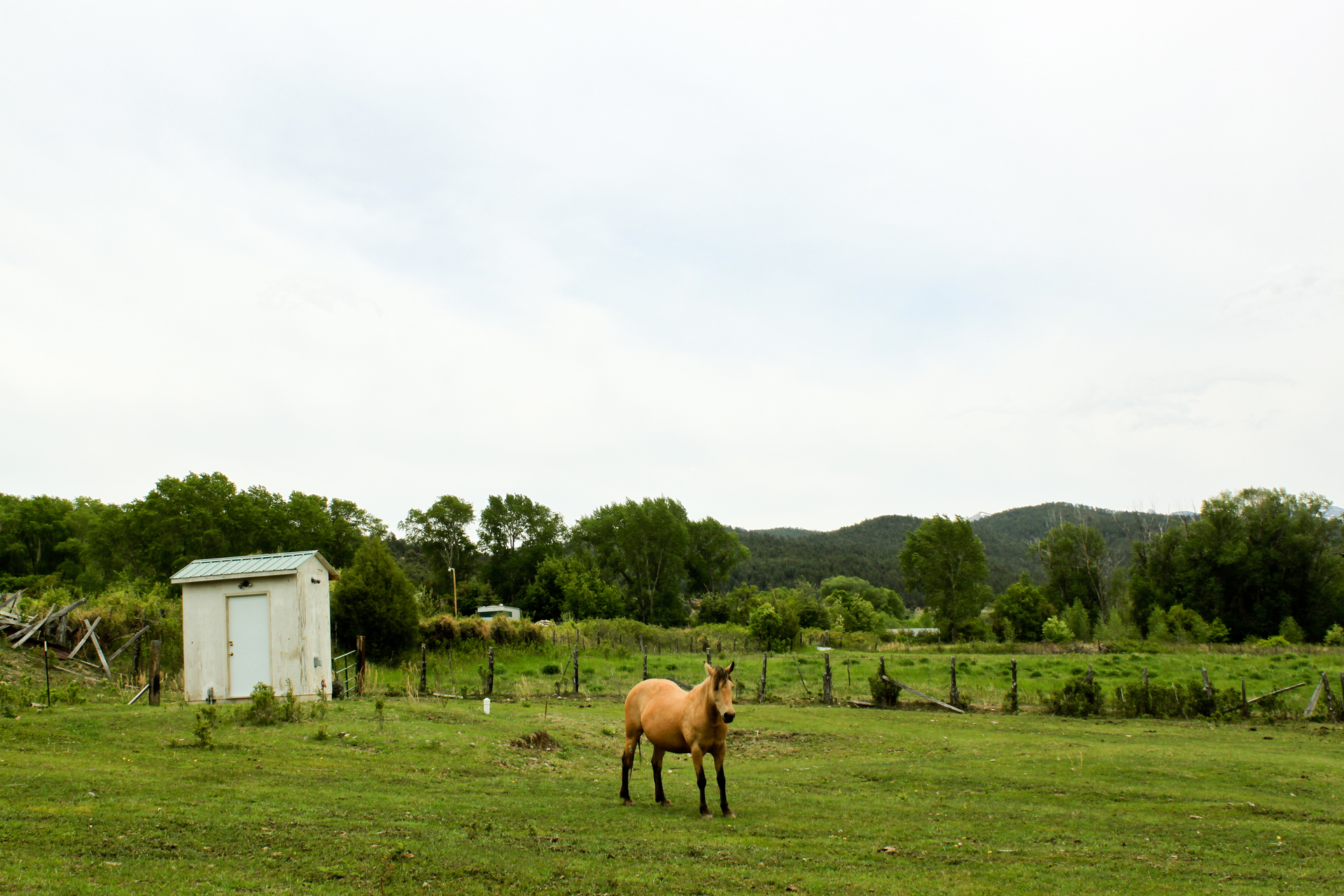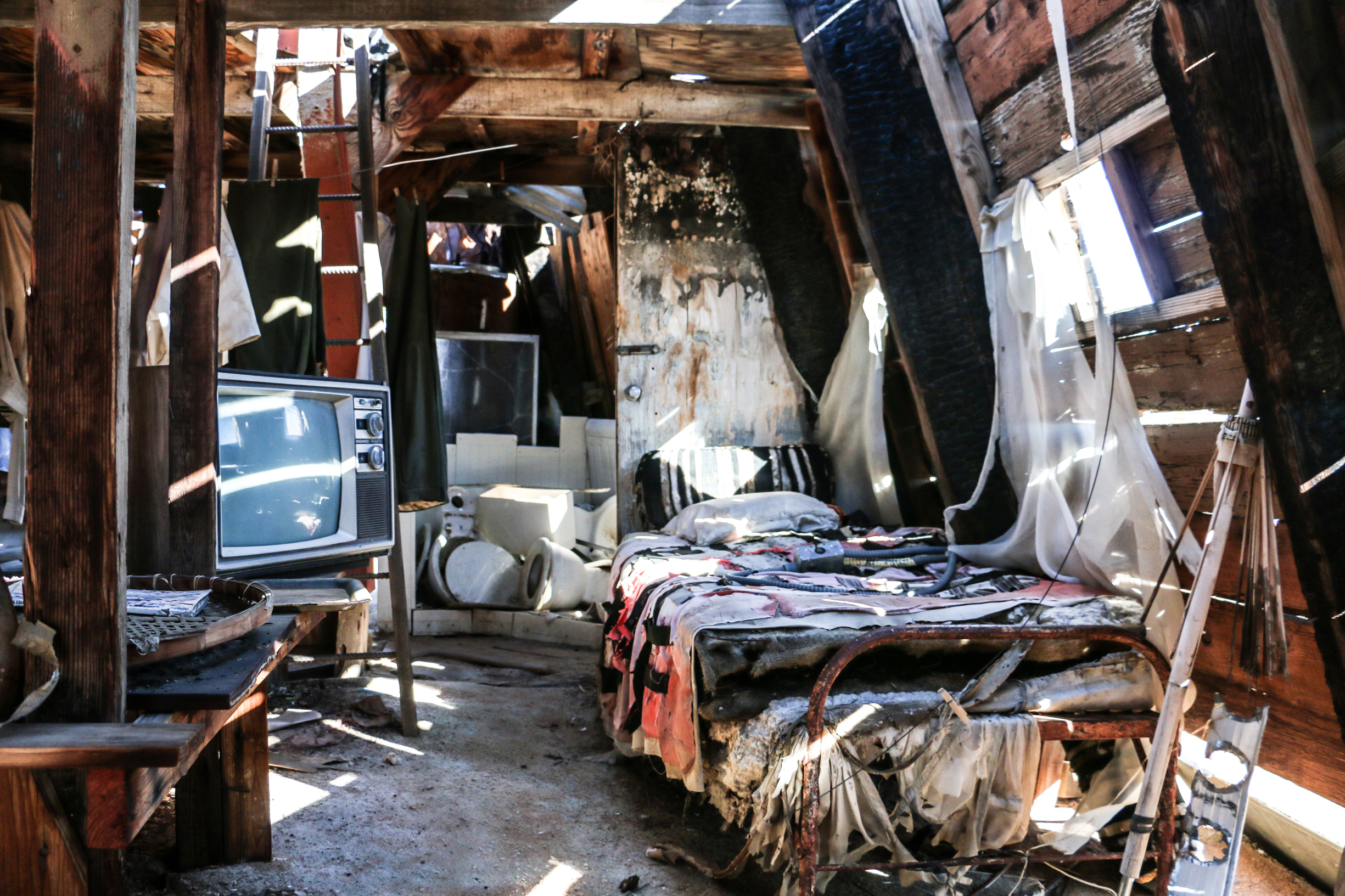~ by Scott Pinkmountain
Five or six years ago, I was visiting with writer Kate Schatz and her all-around creative husband Jason Pontius. I was playing with their great dog and they brought up that one of the main benefits of owning a dog is you think less about yourself. Then they turned to me and both were like, “Scott, you really need a dog.”
I was totally offended by their vehement assessment of how badly I needed to think less about myself.
I finally now have a dog, and I can say unequivocally that Kate and Jason were 100% right. So without further ado, a list!*‡
How Owning a Dog Can Help You Be a Better Writer
The dog can help you access compassion.
False, hollow writing begins and ends with stick figure characters. Caring for another living creature – cotton-balling the gummy filth from its cavernous ears, bathing it while it whimpers and shivers, tweezering cactus spines from its butt – can force us to see things from its perspective. As writers, compassion and empathy are the bazooka and flamethrower of our arsenal.
It can help you think less about yourself.
I think way too goddamn much about my own work, my own circumstance. Why aren’t those editors or agents getting back to me? Why did I get rejected by that committee? My work deserves attention and support…boo hoo. It doesn’t serve me or the work in any way. Dog helps me leave that shit behind. Now I only have the mental space to concentrate on tucking the chicken bones at the bottom of the trashcan.
It can help you see the world fresh.
I imagine this happens more extremely with a human baby, but at a horrendous cost. With puppies you still get that valuable vicarious ecstatic engagement with the sensory world sans the vein-opening sacrifice component.
The dog needs you.
Seriously, how many of us can say that as writers people “need” our work? Them needing it and not knowing they need it doesn’t count. Being needed helps us feel of value in the world. Feeling valued helps build self-esteem. Self-esteem (in the doses moderated by the humility that the dog will also serve) helps us play god. I mean write.
The dog will humble you.
In part because the dog can do stuff you could never do – it can see and smell and hunt and run and leap like one of the hirsute, naked X-Men. But it will also have you picking up its shit with your hands (while it watches) and doing all kinds of other things that I’m going to let you discover for yourself, but which will take you right down to your lowliest hands-and-knees inner peasant. Good! Every writer should spend at least some of his time elbow deep in shit. Again, it’s all about gaining valuable perspective.
On the flip side, you are above something on a hierarchy.
This doesn’t sound good, I’m aware, and on a spiritual level, I don’t really believe we’re superior to dogs, but on a practical level, you have to be alpha to your pet – for both your and their sanity. This can often stand in stark contrast to our relationship with all the people and institutions we so constantly and repetitively have to “submit” to (fuck that word) for years and years and maybe more years. And also, maybe I will gain some perspective into the responsibility and weight of being in a position of power, which might lead me to empathize with those who have some power over me? Maybe.
The dog can help you feel less sorry for yourself.
You’re more capable than a dog! You have logic and thumbs. Along the hierarchy lines, it can be empowering to be a protector, provider, caregiver, all around font of giving. Even though I can’t place a poem to figuratively save my life, I can literally save another creature’s life – I can’t be entirely pathetic.
You are not alone.
In exchange for all that food and care you give the dog, it will render some services. Sitting in a room by yourself for hours and hours making stuff that maybe (probably) no one will ever see can feel like cushy confinement torture. A dog asleep with its paw resting on your foot is up there with Lithium and hot air balloon rides over the Grand Canyon in terms of potency.
There is someone who is genuinely excited that you exist.
If my dog is lying on the ground and I pass within 10 feet, she starts wagging her tail with the hope that maybe I’m coming over to rub her underparts. If I go away for even a couple hours, the homecoming reception verges on orgasmic. I won’t say I’ve never received a “thank you” from an editor, but I’ve definitely never gotten a tail thump.
Everyone needs someone who will lick their face.
Writers don’t often get that instant gratification of applause (or licks) like musicians can. Having something around that will readily apply their tongue your face, hands and feet fills some of the void of working in a medium with little to no direct audience contact.
Dogs are fucking hilarious.
They eat poo and lick their crotches (then your face), they skulk, they tuck their heads and think that you can’t see them, they snarl at their own reflection, they get so happy that they whiz, they try to hump the Jehovah’s Witnesses who knock at your door, they chase their own tails for chrissake. They’re absurd, broad comedians for whom vaudevillian slapstick (and murder) is their entire realm. Humor is gold, both in writing and life – arguably the most important expressive form. That’s a separate article.
They’re totally honest.
They do not have the capacity to hide their intention or the fact that they just ate your 16 red velvet cupcakes. Being around honest things can be contagious. Some decent art is made from honesty.
They are totally in their bodies.
Something many of us writers can learn from.
They’re just really pretty.
Dogs are foxy. They move with incredible grace. Their musculature, shape, posture, coloring, patterning, can inform our aesthetics on a sensual level, elevate our attention, sharpen our focus for detail, in the same way as a redwood forest on a cliff above the ocean, a room full of Kandinsky’s, a perfumed, satin-sheeted, rotating waterbed.
The dog will get you out of chair regularly.
The dog will get you exercising regularly.
The dog will get you out of bed in the morning.
More than this, they will get you on a schedule.
It can be great motivation to work efficiently and on a schedule knowing that if you don’t walk dog at exactly noon and 8, dog will go berserk and destroy your espardrilles, your LP collection and your heirloom hand-knit afghans, then knock over the trashcan and find those chicken bones you so carefully buried.
They don’t give a shit about writing.
They have nothing whatsoever to do with the literary world. They will never complain about word count, bust you for excessively adverbing, suggest you tighten your metaphors, ask if your characters are intentionally one-dimensional, or make you feel ashamed for reading Harry Potter. They won’t sit on your manuscript for 7 months, then illegibly jot, “Thanks for sending.” Nor will they ever mention AWP or ask you about your “career.” It’s not that dogs are anti-intellectual, they’re pro-slobber.
*If you already have a child, you don’t really need a dog and can mostly disregard this list (you might not get to think about yourself enough).
‡No one should get a dog unless they are committed to keeping it for the duration of its life, and have the time and space to deal with it and treat it properly. Dogs are expensive and require a lot of attention and energy, and if you do it correctly, they will curtail your lifestyle unless you already never leave your house for more than 4 hours at a time. They will probably ruin some of your precious stuff, and they will drive you fucking insane on occasion. And if you do get one, you kind of have to get it from a shelter. Otherwise it will be killed (in your name).
Scott Pinkmountain is a writer and musician living in Pioneertown, CA. His writing has appeared on This American Life, in The Rumpus, A Public Space, HTMLGIANT, and others. He has also released dozens of albums of both instrumental music and songs. He works as a music analyst for Pandora Radio. He can be found at www.scottpinkmountain.com and @spinkmountain
![[PANK]](https://pankmagazine.com/wp-content/themes/pank/assets/images/pank-logo-large.png)



